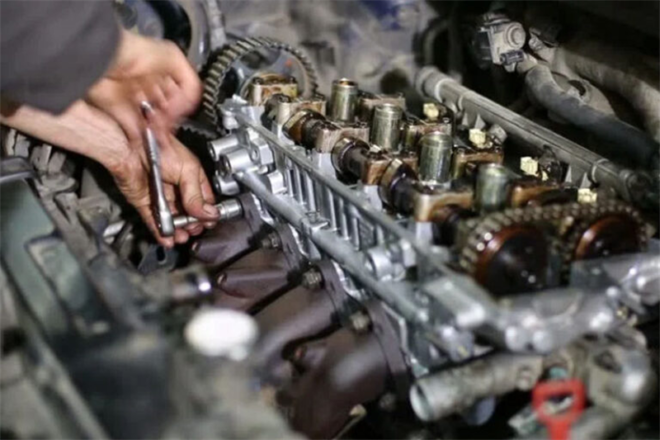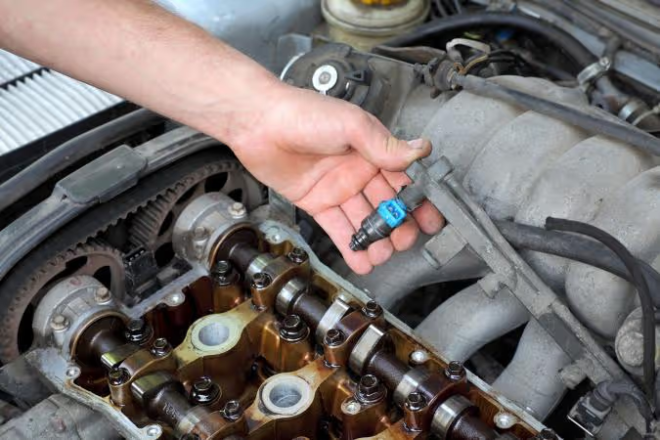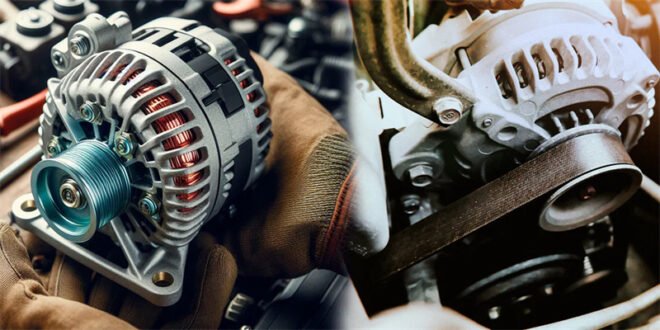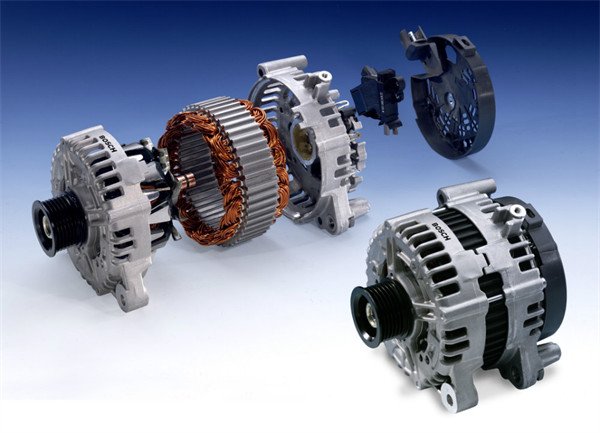Alternators: Powering The Heart Of Your Engine – What You Need To Know
Alternators play a crucial role in every vehicle, yet they often go unnoticed until something goes wrong. They’re the unsung heroes of the automotive world, keeping the electrical systems running smoothly. This article dives deep into the functions, types, and common issues with alternators, ensuring that you understand why they’re so important to your vehicle’s performance.
What Is an Alternator and Why Does It Matter?
At its core, an alternator is a device that generates electrical power for your vehicle while it’s running. It converts mechanical energy from the engine into electrical energy, which is used to power everything from headlights to the air conditioning system. Additionally, it charges the battery, ensuring that your car starts and runs smoothly without any interruptions.
Without an alternator, your car would quickly run out of power, even with a fully charged battery. This is why it’s vital to ensure that the alternator is functioning properly. But what exactly does an alternator do, and how does it manage to power the various components of a vehicle?
How Does an Alternator Work?
An alternator works by using a rotating magnetic field to generate electricity. It consists of a rotor, stator, diode rectifier, and voltage regulator. When the engine is running, the crankshaft drives the alternator’s rotor. This rotor spins within the stator, generating an alternating current (AC). The diode rectifier then converts this AC into direct current (DC), which is what your vehicle’s electrical system uses.
The voltage regulator ensures that the electrical output is consistent and does not exceed the vehicle’s requirements, preventing damage to the system. When your car is running, the alternator provides all the electricity the vehicle needs, while simultaneously charging the battery for future use.
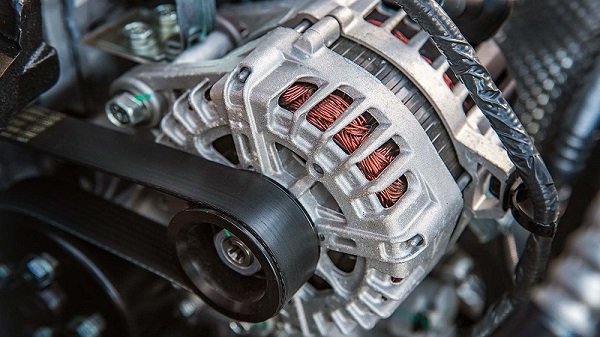
Types of Alternators
Alternators come in a variety of designs, and each type is tailored to different needs or applications. The most common types include:
- Internal Regulated Alternators: These alternators are the most common in modern vehicles. The voltage regulator is built directly into the alternator, making them simpler to install and maintain.
- Externally Regulated Alternators: These are typically found in older vehicles. The voltage regulator is a separate component that is not integrated into the alternator itself.
- High Output Alternators: Designed for vehicles with additional electrical demands, such as those with powerful audio systems or off-road vehicles, high-output alternators provide more electricity to power extra components.
- Brushless Alternators: These are less common and are primarily used in specialized applications. They do not use brushes to transfer electrical energy, reducing wear and tear and extending their lifespan.
Common Alternator Issues
While alternators are generally reliable, they can develop problems over time. Here are a few common issues:
- Worn-out Brushes: The brushes in an alternator can wear out after years of use, which may lead to poor performance or a complete failure of the alternator.
- Faulty Voltage Regulator: A faulty voltage regulator can cause the alternator to overcharge or undercharge the battery, leading to electrical issues in your vehicle.
- Broken Belt or Pulley: The alternator belt or pulley could break or slip off, causing the alternator to stop functioning altogether.
- Loose Connections: Loose or corroded connections can cause the alternator to underperform, affecting the electrical system of your car.
Signs Your Alternator Is Failing
There are several warning signs that may indicate your alternator is on its way out:
- Dim or Flickering Lights: Since the alternator powers the lights, if they begin to flicker or dim, it could be a sign that the alternator is no longer supplying consistent power.
- Battery Warning Light: The dashboard battery warning light is a key indicator of alternator failure. If this light comes on, it may indicate that your alternator is not charging the battery properly.
- Strange Noises: If you hear a whining or grinding noise coming from the front of the engine, it could be a sign that the alternator’s bearings are worn out.
- Electrical Failures: Malfunctions in the vehicle’s electrical components, such as power windows, radio, or air conditioning, may be due to a failing alternator.
How to Maintain Your Alternator
Regular maintenance can go a long way in ensuring that your alternator lasts as long as possible. Here are a few tips for maintaining your alternator:
- Inspect the Belt Regularly: Check the alternator belt for signs of wear or looseness. If it looks worn, replace it before it fails.
- Keep Connections Clean: Regularly inspect the alternator’s connections and terminals. Clean them as needed to prevent corrosion, which can lead to electrical issues.
- Replace Worn Brushes: Brushes should be inspected and replaced periodically. Worn-out brushes can reduce the alternator’s efficiency.
- Watch for Warning Signs: Pay attention to any warning signs like flickering lights or electrical issues. Catching problems early can prevent further damage.
Replacing or Repairing Your Alternator
If you find that your alternator is failing, it’s crucial to replace or repair it as soon as possible. While it is possible to replace an alternator yourself, it’s often best left to professionals unless you have significant mechanical experience. A malfunctioning alternator can cause further damage to your vehicle’s electrical system, and replacing it promptly can prevent costly repairs down the road.
Conclusion
The alternator is an essential component of your vehicle, ensuring that everything from your headlights to your air conditioning is powered while the engine runs. Understanding its function, the types available, and common issues can help you keep your vehicle running smoothly. If you notice any signs of alternator failure, be sure to address them promptly to avoid bigger problems. A properly functioning alternator keeps your vehicle’s electrical systems operating smoothly, ensuring you’re never left in the dark.
Alternators: Powering The Heart Of Your Engine – What You Need To Know


